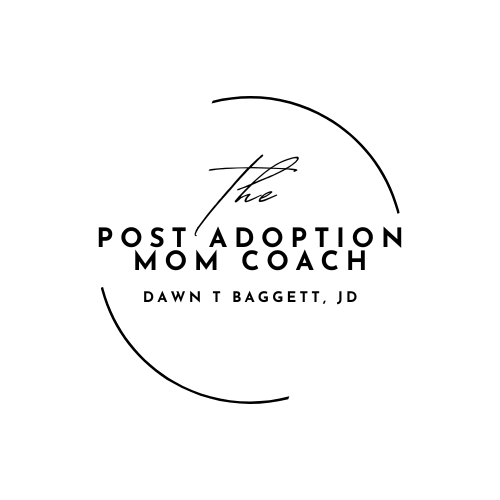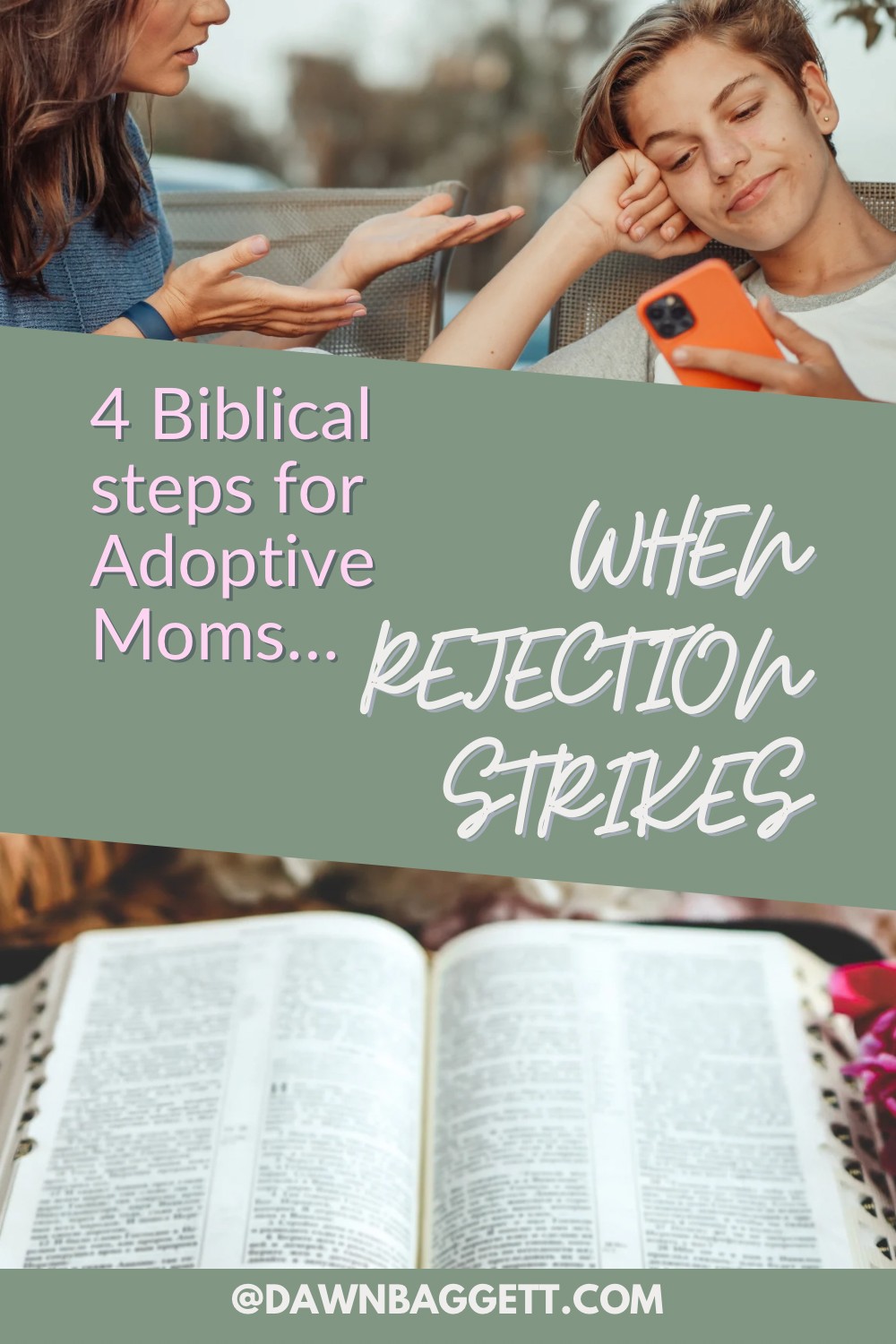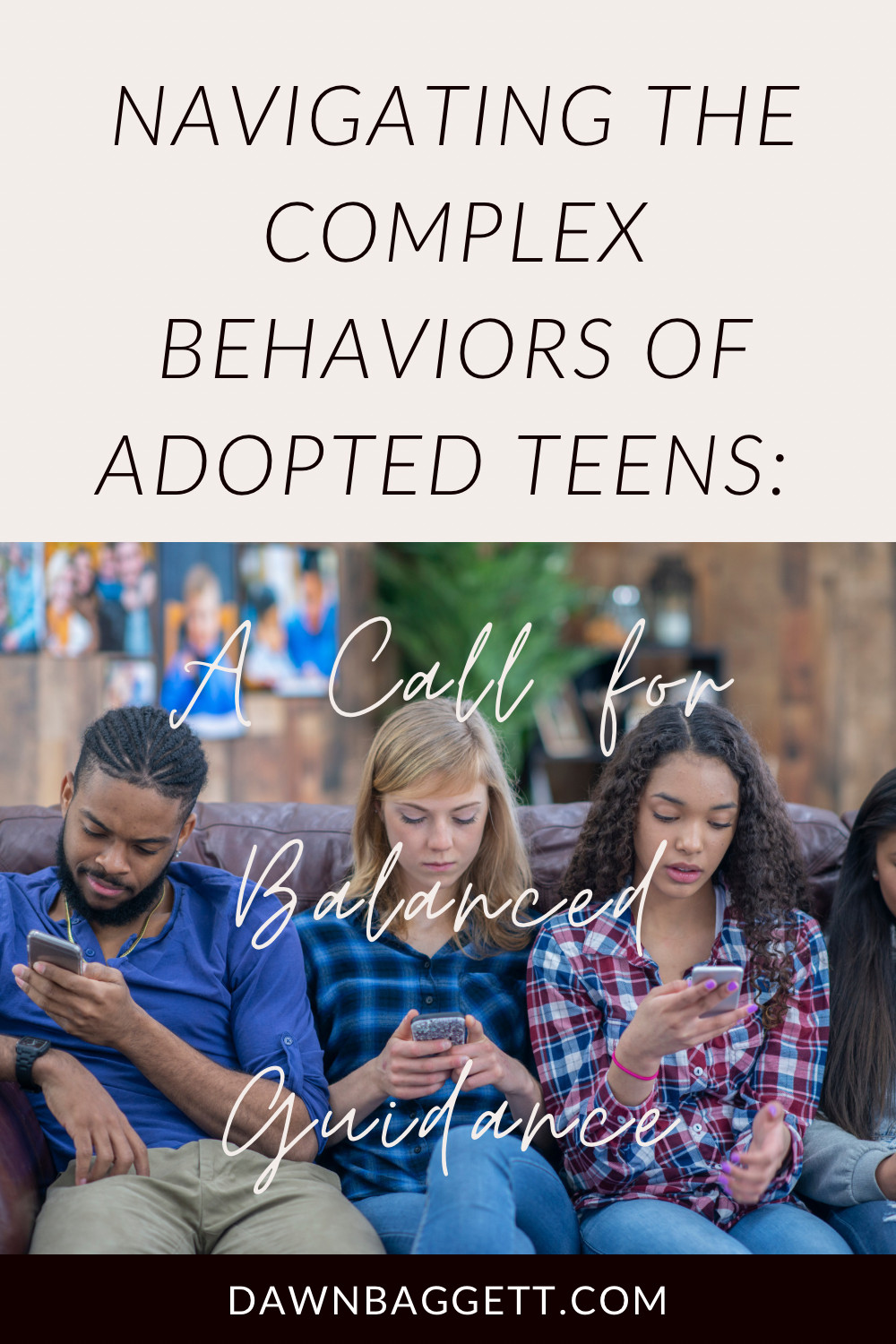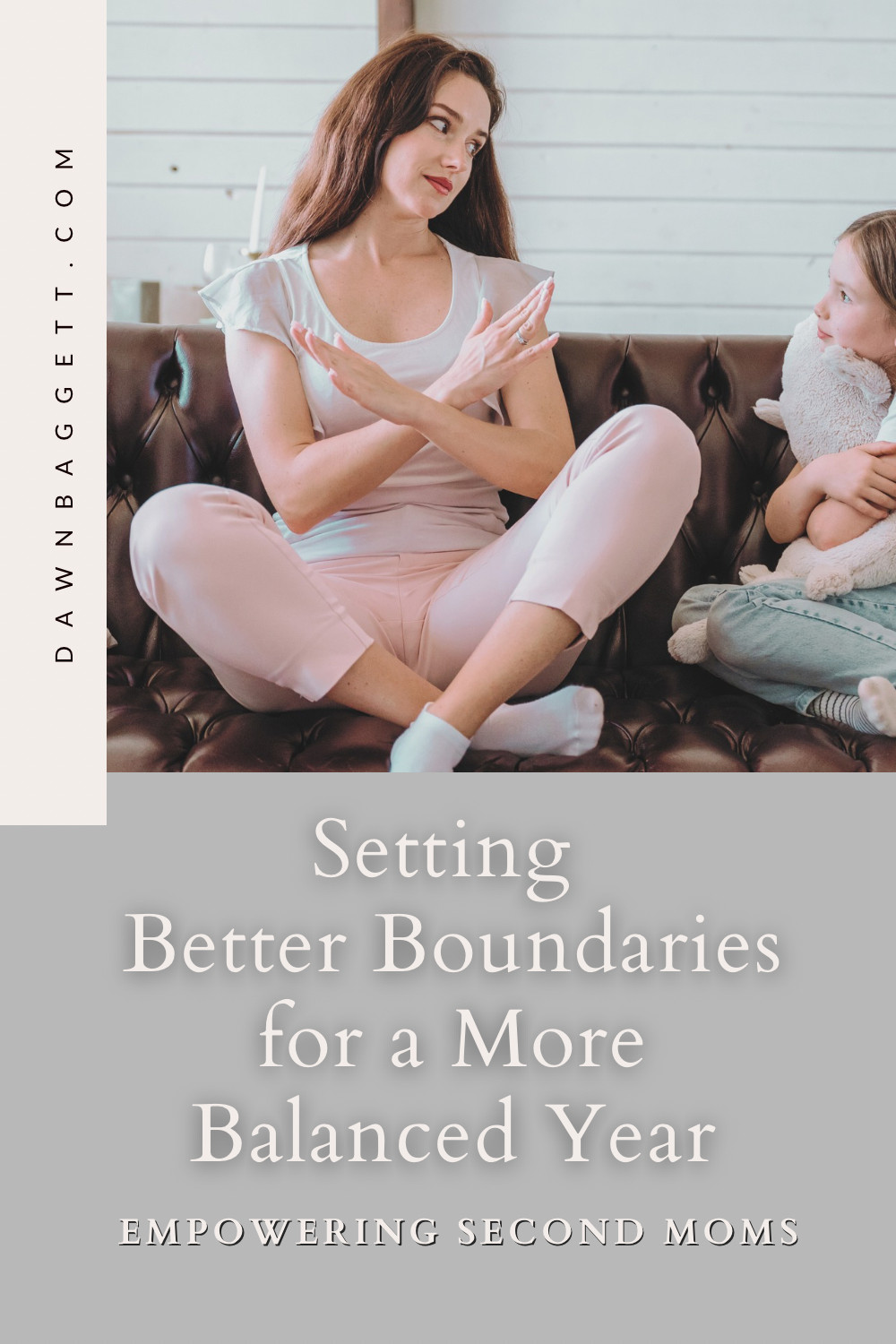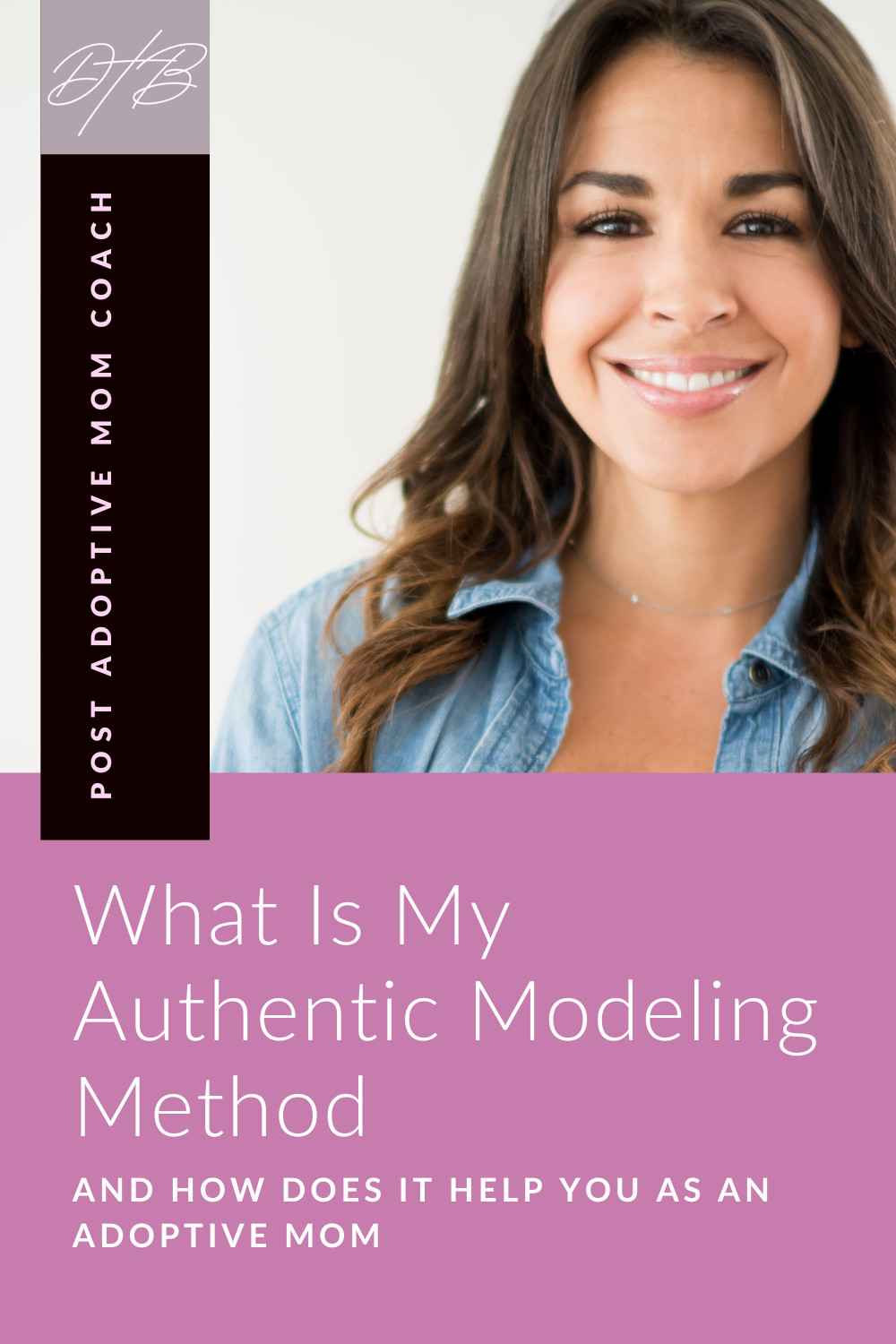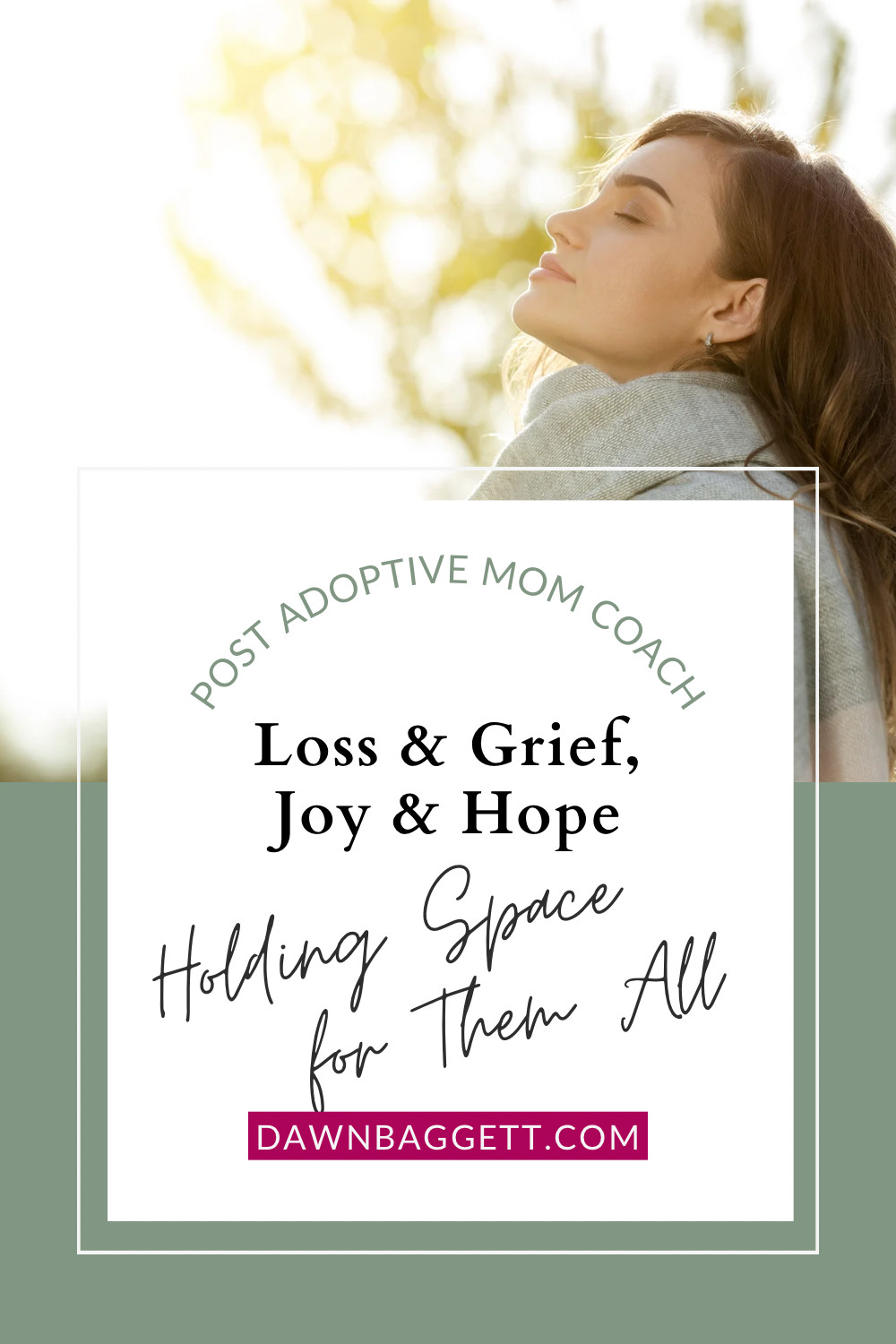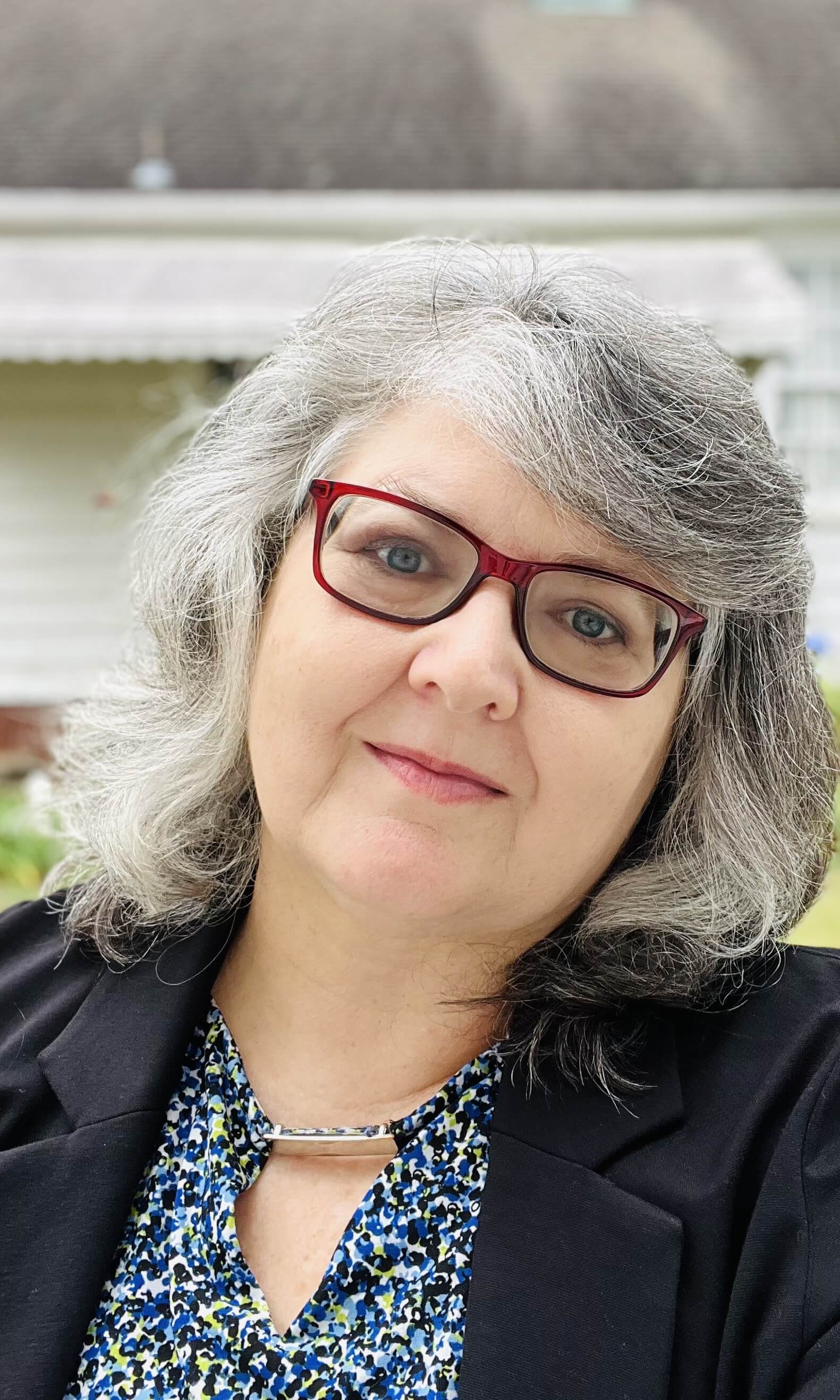Becoming a parent is one of the most rewarding, but also challenging, experiences a person can have.
I can tell you from experience that for adoptive moms, there are added challenges that come with raising children who have experienced early childhood traumas. In particular, losing the primary biological relationship with their first mom causes deep wounds.
Adoptive moms open their hearts and homes to children who need love and stability, and they provide a valuable service by helping to break the cycle of abuse and neglect. Adoptive moms often face unique challenges, however, that can make their job even more difficult. This is why it's so important to validate the challenges they face and to offer support whenever possible.
It is important to support adoptive moms and provide validation for the added challenges they face in helping navigate through these challenges that spill over and affect not only the adopted child but the rest of the family, and sometimes...especially mom.
Adoptive mothers often face many unexpected challenges, both during the adoption process and after bringing their children home. One of the biggest challenges they face is providing their children with the stability and security of a forever family while also dealing with the after-effects of the trauma their children have experienced.
There are many reasons why parents choose to adopt. Some couples face infertility, while others want to provide a home for a child who needs one. Whatever the reason, adoption is a very special way to create or expand a family. Adoptive parents go through a lengthy, expensive, and often emotional process to bring a child into their lives. Unfortunately, once the adoption is complete, many adoptive parents feel they are on their own. They may not have extended family members or friends who truly understand what they are going through. This can be isolating and make it difficult to find the support they need.
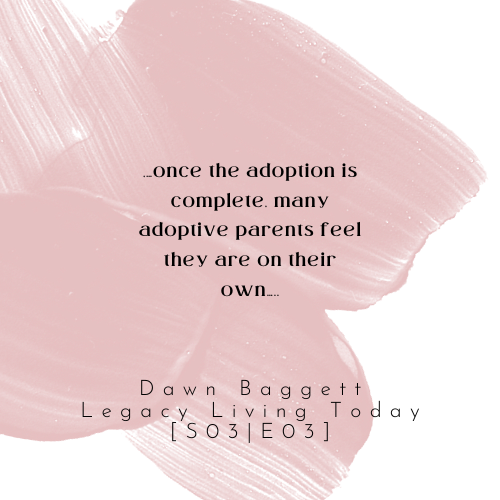
Many adopted children have experienced a range of early childhood traumas, including the loss of the primary biological relationship with their first mom. This can often lead to attachment issues, behavioral problems, and emotional difficulties. Adoptive mothers need ongoing support to help them navigate these challenges alongside their children. Unfortunately it’s not always readily available. They also need validation that the added challenges they face are real and that they are not alone.
Validation and support for adoptive mothers is essential to help them provide the best possible care for their children. Adoptive mothers face unique challenges that other mothers do not. They may feel grief over their child’s loss of their first mom and the primary biological relationship. This loss can be complicated by other traumas the child has experienced, such as abuse or neglect. The child may also have attachment issues or behavioral problems that make parenting more difficult. Effects on siblings and family dynamics can be significant and long-lasting. All of these factors can add to the stress of parenting and result in additional difficulties for moms of children who've experienced early childhood traumas.
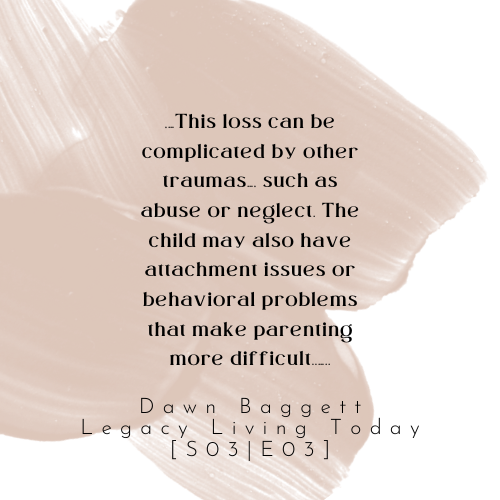
There are many ways to provide support. Learning about adoption-related issues can help bridge that gap.
Friends and family members - You can also play an important role in providing support by simply being a safe and trustworthy person for listening and offering a shoulder to cry on when needed. By taking the time to understand the unique challenges faced by adoptive mothers, we can make a difference in their lives and the lives of their children.
These children may have attachment issues, behavioral problems, or mental health issues as a result of their experiences. They may also have difficulty forming trusting relationships.
Adoptive mothers - we must be patient, understanding, and dedicated in order to help our children heal and thrive. That can be a long and treacherous path for some. We must also take responsibility for our own needs, to seek out and be willing to receive the support we truly need. For real.
Everyone - It's important to remember that adoptive mothers are not responsible for the prior traumas their children have experienced. It's not their fault, and they should not be made to feel guilty or ashamed.
Adoptive mothers play a vital role in our society but are often undervalued and misunderstood. It's important to validate the challenges they face and offer support whenever possible. By taking time to understand the unique challenges faced by adoptive mothers, we can help them succeed in their important work of helping traumatized children receive healing and breaking the cycle of abuse and neglect.
I appreciate if you would leave a comment or podcast review if this helps you.
And as always,
keep learning, keep growing & keep loving.
💜🩷♥️
Dawn
______________________________________________________

Post Adoption (Mom) Coach
“STANDING IN THE GAP FOR SECOND MOMS in Adoptive & Blended Families
As a Certified LifeMapping(R) Coach, Dawn helps Christian adoptive moms navigate the challenges of their non-traditional families with their own brand of (faith fueled) success!
DISCLAIMER: I’m a coach, not a doctor nor a therapist. As a coach I do not offer mental or medical health diagnosis, treatment or cures. Furthermore, I am no longer a practicing attorney and do not offer individual legal advice. For individual advice related to your own personal situation I recommend you seek out an appropriate professional. Coaching may fill a spot in your overall support network.
—
Copyright © 2025 Dawn T. Baggett, JD - All rights reserved
—
